Search
Did you mean: Bes?
Remove Ads
Advertisement
Search Results

Definition
Hallstatt Culture
The Hallstatt culture is named after the site of that name in Austria and it flourished in central Europe from the 8th to 6th century BCE. The full period of its presence extends from c. 1200 to c. 450 BCE - from the Late Bronze Age to the...
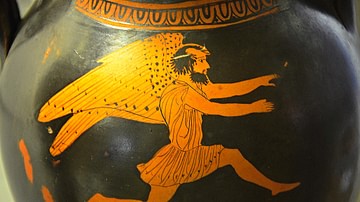
Definition
Hyperborea
In Greek mythology, Hyperborea was the land located to the far north of the known world and it was so remote it was considered even beyond the North Wind. There a legendary race known as the Hyperboreans lived and worshipped the sun god Apollo...
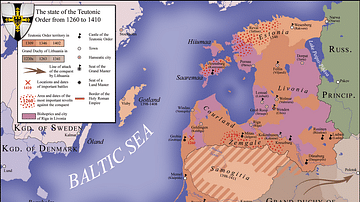
Definition
Northern Crusades
The Northern or Baltic Crusades were military campaigns organised by popes and western rulers to convert pagans to Christianity in the 12th to 15th century. Unlike in the Holy Land, where military campaigns were aimed at liberating former...

Definition
Oshun
Oshun (pronounced O-shan, also given as Osun) is a supernatural entity recognized as both a spirit and a goddess in the Yoruba religion of West Africa. She presides over fertility, love, and freshwater, is the patroness of the Osun River...
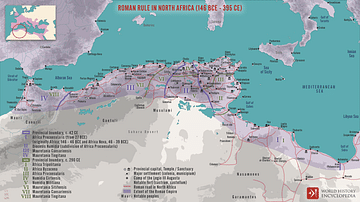
Definition
Mauretania
Mauretania was an ancient kingdom in northwest Africa, encompassing regions of modern-day Morocco and Algeria. Although it shares a name with the modern country of Mauritania, they do not overlap. Ancient Mauretania was named after the Mauri...
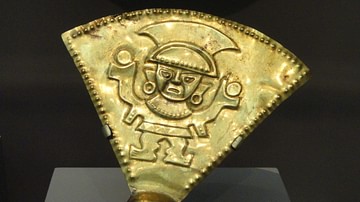
Definition
Chimu Civilization
The Chimu civilization, otherwise called the kingdom of Chimor, flourished on the northern coast of Peru between the 12th and 15th centuries CE. With their capital at Chan Chan, the Chimu were the largest and most prosperous culture in the...
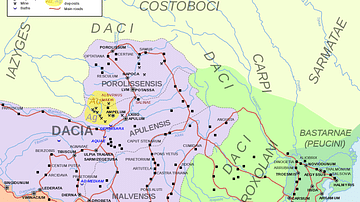
Definition
Dacia
Dacia was a region inhabited by the Dacians in the north of the Danube (modern Romania). The kingdom of Dacia was the creation of Burebistas (c. 80-44 BCE), who conquered and united several other Dacian principalities. Burebistas practically...
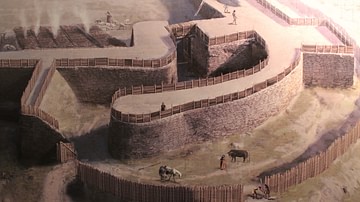
Definition
Oppidum - The Hilltop Fort of the Celts
Celtic hilltop forts, often called oppida (sing. oppidum), after the Latin name given to larger settlements by the Romans, were built across Europe during the 2nd and 1st century BCE. Surrounded by a fortification wall and sometimes with...
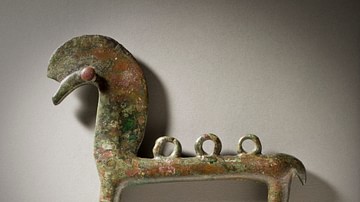
Definition
Villanovan Culture
The Villanovan culture flourished during the Iron Age in central Italy from c. 1000 to c. 750 BCE. It was a precursor of the Etruscan civilization, although the two populations are actually the same and the term Villanovan should not imply...
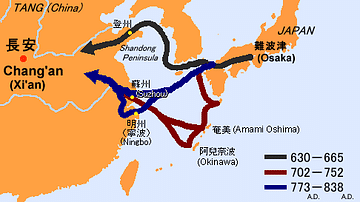
Article
Ancient Japanese & Chinese Relations
Relations between ancient Japan and China have a long history, and in certain periods the exchange of political, religious and cultural practices between the two was intense. China, the much older state and the more developed, passed on to...